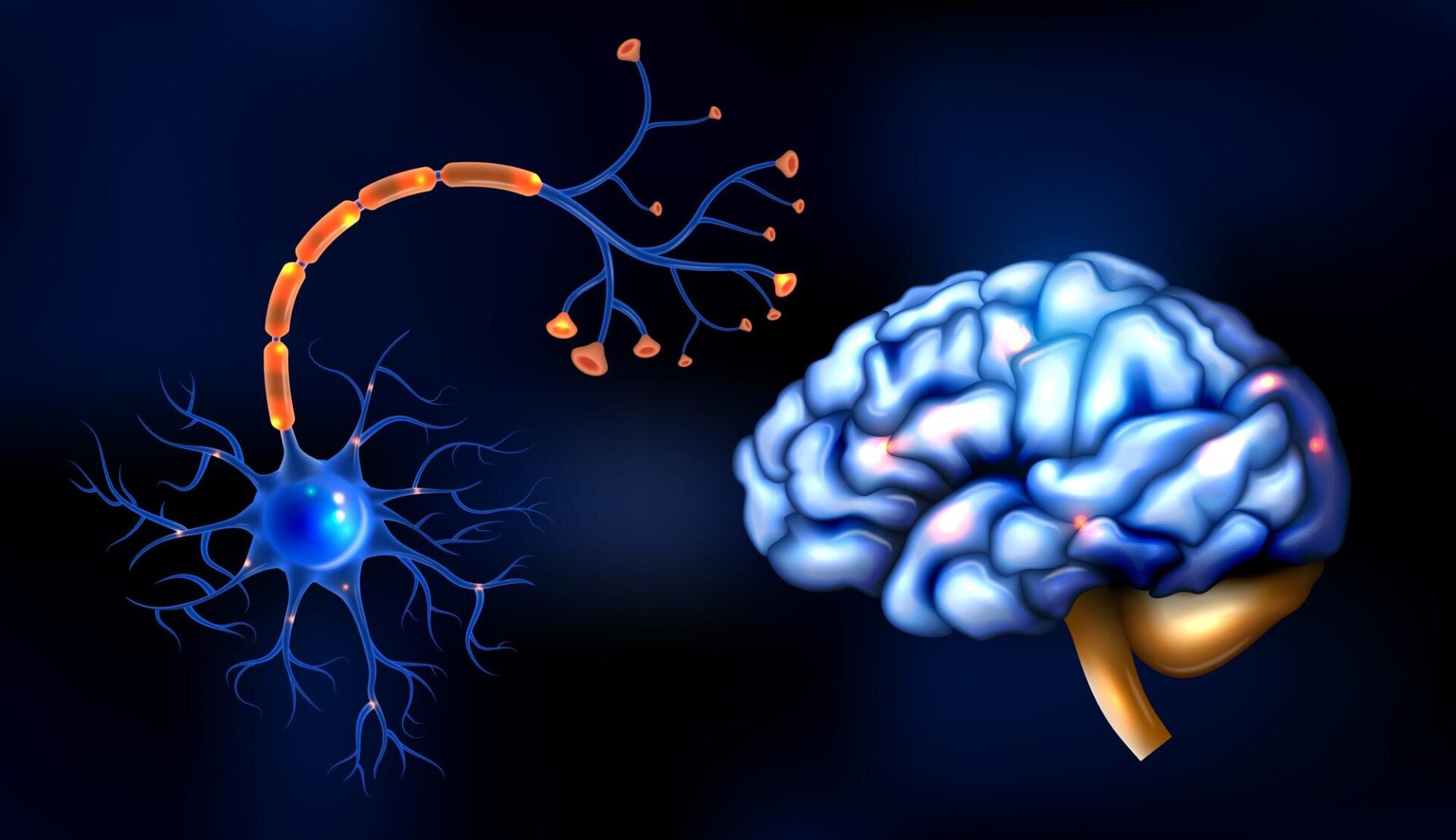The intricate dance between hormones and mental health is a subject of growing interest and importance in understanding the holistic well-being of individuals. Hormones, the chemical messengers coursing through our bodies, play a profound role not only in physiological processes but also in shaping our mental and emotional states. In this comprehensive exploration, we unravel the complex connection between hormones and mental health, shedding light on the various ways in which hormonal fluctuations influence our psychological well-being.
Hormones and the Brain:
Hormones are instrumental in regulating brain function, impacting neurotransmitters and influencing mood, cognition, and behavior. Key players in this intricate system include serotonin, dopamine, cortisol, and thyroid hormones, each wielding a unique influence on mental health.
The Role of Serotonin and Dopamine:
Serotonin and dopamine, often referred to as the “feel-good” neurotransmitters, play pivotal roles in mood regulation. Imbalances in these neurotransmitters are associated with conditions such as depression and anxiety. Understanding how these hormones interact with the brain provides insights into the development and treatment of mental health disorders.
Stress Hormones and Mental Health:
Cortisol, the primary stress hormone, is closely tied to the body’s fight-or-flight response. Prolonged exposure to elevated cortisol levels, often a result of chronic stress, can have detrimental effects on mental health. Chronic stress has been linked to conditions such as anxiety disorders, depression, and cognitive decline.
Thyroid Hormones and Cognitive Function:
Thyroid hormones play a crucial role in regulating metabolism and energy production. Imbalances in thyroid function, such as hypothyroidism or hyperthyroidism, can impact cognitive function, mood stability, and overall mental health.
Hormonal Fluctuations Across the Lifespan:
The stages of life, from puberty to menopause and beyond, are marked by significant hormonal fluctuations. These transitions can influence mental health, contributing to mood swings, increased vulnerability to mental health disorders, and cognitive changes.
Hormones and Gender Differences in Mental Health:
Gender specific hormones, such as estrogen and testosterone, contribute to differences in mental health between men and women. Hormonal fluctuations during the menstrual cycle, pregnancy, and menopause can influence mood disorders that disproportionately affect women.
Hormones and Mental Health Disorders:
Various mental health disorders are intricately linked to hormonal imbalances. Exploring the connection between hormones and conditions like postpartum depression, premenstrual dysphoric disorder (PMDD), and hormone-related mood disorders provides valuable insights for targeted interventions.
The Impact of Hormonal Therapies:
Hormonal therapies, such as hormone replacement therapy (HRT), are employed to address hormonal imbalances and alleviate symptoms. Understanding the potential impact of these treatments on mental health is crucial for both healthcare providers and individuals undergoing such interventions.
Lifestyle Factors and Hormonal Balance:
Lifestyle choices, including diet, exercise, and sleep patterns, can influence hormonal balance and, consequently, mental health. Exploring the role of a healthy lifestyle in maintaining hormonal equilibrium offers practical insights for promoting mental well-being.
Conclusion:
The intricate interplay between hormones and mental health unveils a fascinating connection that extends beyond the traditional realms of medicine. Recognizing the impact of hormonal fluctuations on mental well-being opens avenues for a more holistic approach to mental health care. As science continues to unravel the complexities of this relationship, a deeper understanding of hormones’ role in shaping our mental and emotional landscapes emerges, offering hope for more targeted and effective interventions in the realm of mental health.


